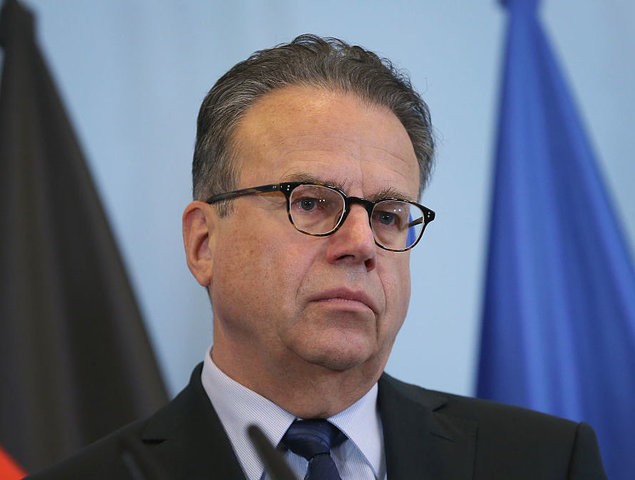Despite revealing that only 30,000 migrants are currently working, the head of the German migration agency claims Germany still needs more migrants.
Frank-Jürgen Weise, the head of the German Federal Office for Migration and Refugees (BAMF), in a stunning new interview has claimed that Germany needs even more migrants. According to Mr. Weise the problem of skills shortages in Germany still exists and he also revealed that of the 1.2 million migrants who came to Germany last year only 30,000 have managed to find work, RP-Online reports.
According to Mr. Weise, the mass migration to Germany due to the migrant crisis hasn’t covered the lack of skilled workers in the country. His assertion flies in the face of statements made by German politicians and economists that the migrant crisis would be a net benefit to the German economy, though many have argued the exact opposite.
According to the head of BAMF the problem is integration, and he says he is simply “not satisfied” with the current integration process.
When asked about migrants entering the job market, Mr. Weise said that while he feels the conditions for success have been laid out many migrants are not entering the labour force. For the migrants to succeed in the German workforce, he said, they must both learn the language and culture of Germany while at the same time be enrolled in skills and job training.
The German government, Mr. Weise says, needs to look more to Europe and other economies to select better skilled migrants because there are not enough migrants to cover the skills shortage. While he advocates looking to European Union (EU) countries and emerging economies for skilled labour, he believes that Germany, in the end, requires even more migration.
The Federal Office for Migration and Refugees is also responsible for asylum applications and registering new and existing asylum seekers. Some have criticised the agency for not being able to handle the registration of the 1.2 million migrants who have come to Germany since the start of the migrant crisis. It has also been criticised for not knowing how many migrants were even in the country.
Mr. Weise claims that the problem has been that the new asylum cases are more complex than previous ones. He said: “Now we have increasingly complex cases – applicants without documents and with undetermined identity, coming from countries in difficult situations. Naturally, this will influence the question of how many new migrants have come.”
Migrants with no form of documentation, according to Mr. Weise, now account for some 60 per cent of all new arrivals to Germany making it difficult for the government to fully determine who they are, which consequently draws out the length of the asylum process even further.

COMMENTS
Please let us know if you're having issues with commenting.